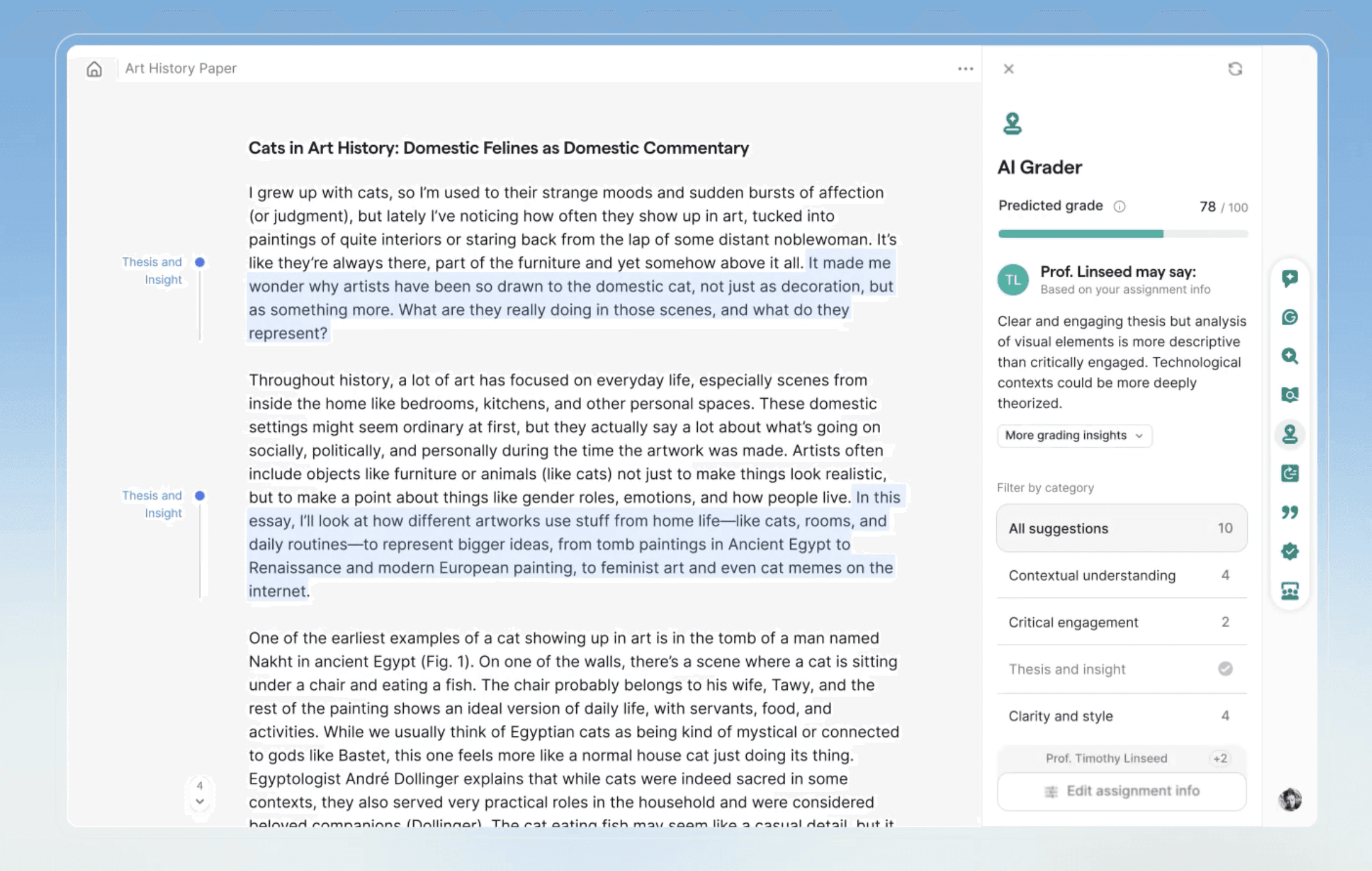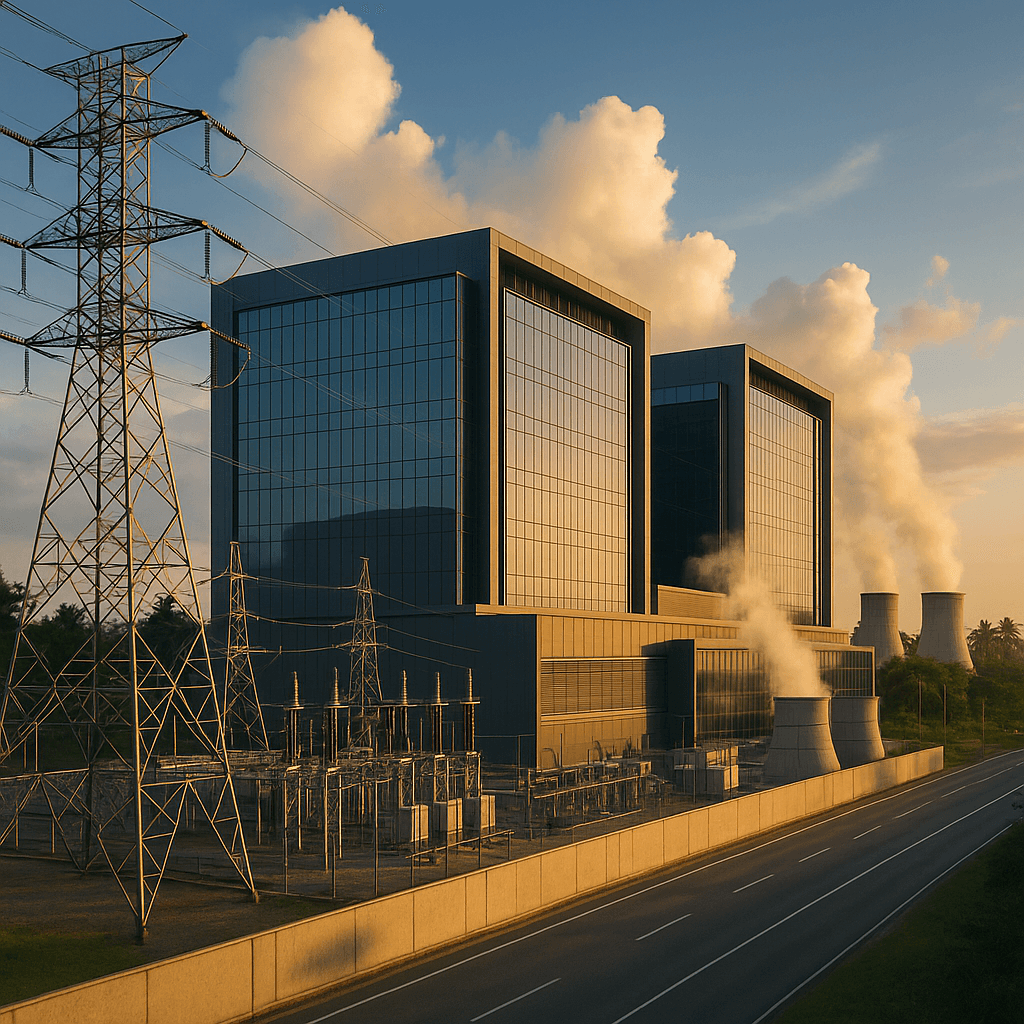Google just doubled its bet on AI infrastructure, hiking its stake in datacenter operator TeraWulf to 14% with a massive $1.4 billion funding boost. The move sent TeraWulf shares soaring over 10% today as the company secures what could become a $16 billion revenue pipeline through expanded partnerships with AI cloud provider Fluidstack.
Google's sudden doubling down on TeraWulf reveals just how desperately Big Tech needs AI-ready datacenter capacity. The search giant's $1.4 billion commitment brings its total backing to $3.2 billion, transforming what was once primarily a Bitcoin mining operation into a cornerstone of Google's AI infrastructure strategy. The timing couldn't be more telling - this comes just days after TeraWulf announced explosive growth in its AI hosting business that sent shares rocketing 90% in a week. The market's reaction today, with another 10%+ surge, suggests investors finally grasp the scale of the AI datacenter gold rush unfolding. "This is a game changer in the industry," CEO Paul Prager told CNBC's Power Lunch last week, and Google's massive commitment validates that assessment. The deal structure reveals Google's confidence in TeraWulf's execution. By enabling the purchase of 32.5 million shares while providing backstop funding, Google is essentially betting that TeraWulf's Lake Mariner facility in Western New York will become one of America's largest datacenter campuses. Fluidstack's rapid expansion - exercising a 160 MW option just days after signing initial 200 MW deals - demonstrates the voracious appetite for AI compute capacity. According to TeraWulf's investor release, this brings total critical IT load to over 360 MW, with operations expected to start in H2 2026. The numbers are staggering: $6.7 billion in contracted revenue that could reach $16 billion through extensions. "Fluidstack's decision to expand so soon after our initial agreement speaks volumes about the quality, readiness, and scalability of our infrastructure," CTO Nazar Khan said in the release. What makes this particularly significant is transformation from Bitcoin mining to AI infrastructure. The company's existing energy infrastructure and operational expertise positioned it perfectly for the AI boom, something clearly recognized early. CEO Prager emphasized the "strategic alignment with Google" to build advanced AI infrastructure, language that suggests this partnership could expand far beyond Lake Mariner. The competitive implications ripple across the datacenter sector. While companies like face stock pressure and lock-up expirations, is securing massive, long-term commitments from both Google and AI cloud providers. The company's separate announcement of a signals aggressive expansion plans funded by this newfound revenue visibility. For investors, this represents a fundamental shift in how AI infrastructure deals are structured. Instead of speculative buildouts, we're seeing committed capacity agreements worth billions, backed by the world's largest tech companies. willingness to nearly double its stake suggests the AI datacenter shortage is more acute than publicly acknowledged.












